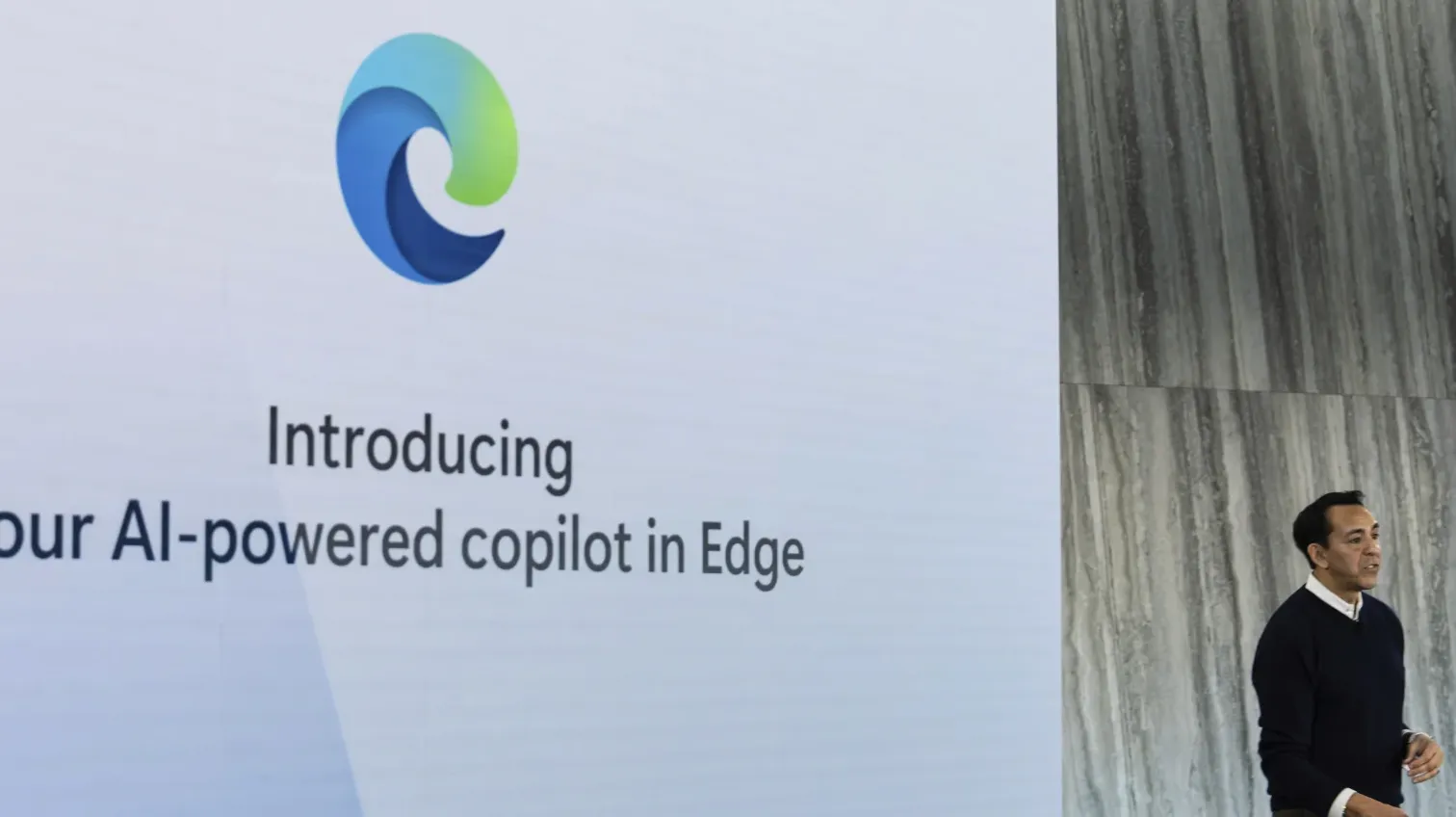Pew Research Reveals Increasing Anxiety Among Americans Over AI Adoption
According to a recent survey by the Pew Research Center, there has been an increase in concern among Americans regarding the use of artificial intelligence (AI) in the past nine months. The survey reveals that 52 percent of respondents are now more worried than excited about the growing use of AI, which is a 14-point increase since December. In contrast, only 10 percent expressed more excitement than worry, while 36 percent stated that their views on the matter were equally balanced. The Pew Research Center emphasized that this concern is prevalent among all major demographic groups.
It’s been an eventful nine months since the Pew Center last surveyed humans about AI. OpenAI’s ChatGPT went from a buzzy homework cheat tool to a household name, with the corporate world—including tech’s biggest companies—racing to prove who had invested the most in generative AI. Microsoft incorporated GPT-4 into Office and Windows, and Google launched the Bard chatbot while adding AI components to search. AI writing and generative art have made controversial (and widely covered in the media) entries into journalism, book writing, song production, and even some political campaigns.
While younger Americans are still more concerned than excited, their views tend to be more positive than their older counterparts. Among 18-29 year olds, 42 percent are more worried about “the increasing use of artificial intelligence in everyday life,” and 17 percent are more excited. But among adults 65 and older, 61 percent say they are primarily concerned, while only 4 percent say excitement outweighs worry.

Pew Research also asked respondents about their awareness of artificial intelligence, and it seems that the more people have heard about its growing adoption, the more uneasy they feel. According to the survey, about 90 percent of adults have heard a lot (33 percent) or a little (56 percent) about artificial intelligence, and the “a lot” group has increased by seven points since December. Those who have heard a lot about AI are more likely to be worried than they were in December: Anxiety outnumbers excitement (47 percent to 15 percent) in that demographic, compared to 31 percent worried and 23 percent excited last year. Even those who have heard little about it describe a more negative view than respondents to the December survey – 19 percentage points.
When the impact of AI is broken down into categories, the results are more mixed. On the other hand, 49 percent said it helps more than it hurts when searching for products and services they’re interested in online (compared to 15 percent who say it hurts more). But 53 percent said it hurts more than it helps to keep personal information private, and only 10 percent said it helps more in this area. Other areas where Americans surveyed said it helps more include companies that make safe vehicles, doctors that provide quality care and people who take care of their health. Categories such as finding accurate online information, providing quality customer service, and keeping the police calm were closer to an even split between positives and negatives.
Those with and without higher education answered differently. For example, those with a college degree were more likely to view AI as a positive way to find products and services online and help doctors provide quality care (60 percent positive among those with a college degree, 44 percent among those without a degree). But people with a college degree or less were less likely to see it as a negative factor in protecting private information (59 percent of those with a college degree, 50 percent of those with less education). Overall, those with higher education viewed artificial intelligence positively.




